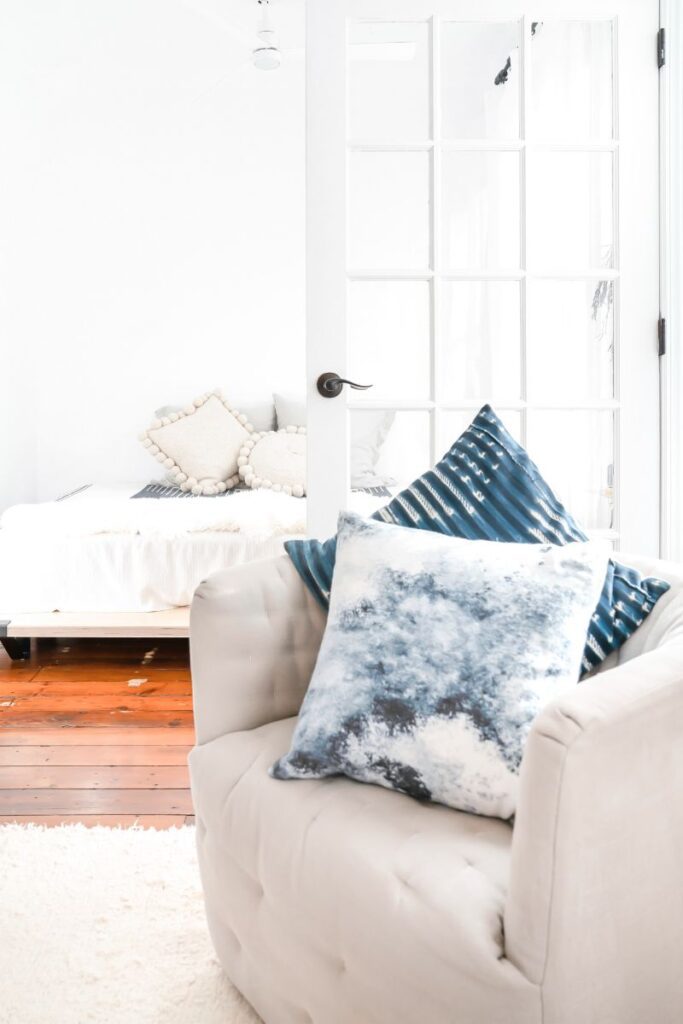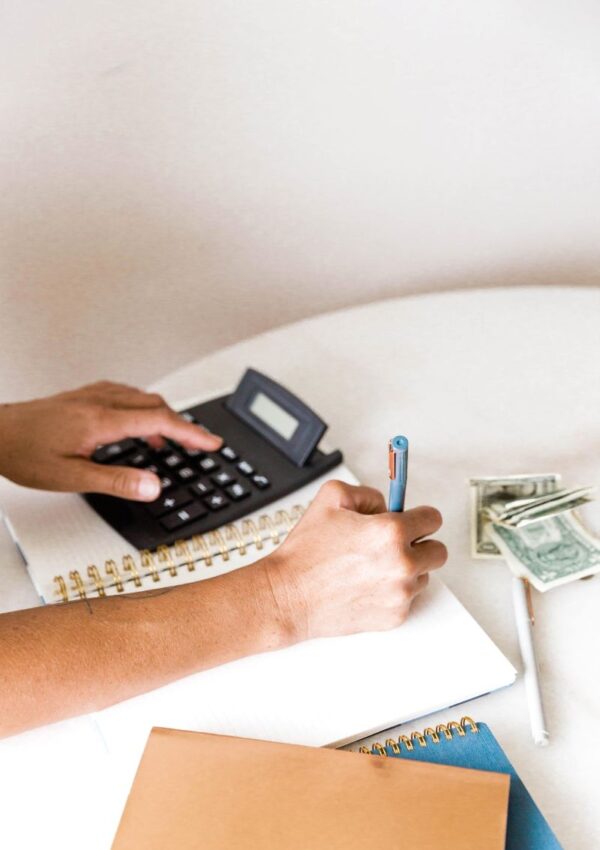
Couples who are just married or staying together may consider renting a house or apartment for several reasons. Maybe they wish to move in the future or they don’t have money saved aside to use as a down payment for a house. Whatever the case, when deciding to rent a property, there are a few important pointers to take note of.
The 30% rule
Your rent must not exceed 30% of the combined monthly income (of the couple). Anything more and it’s not recommended, no matter how much you love the place. You’ll be stretching your budget unnecessarily.
Be aware of landlord-tenant laws
You should be aware of the laws and rights tenants have in your area. While this may vary from state to state, for the most part, renters do have rights and you need to know what yours are.
Do you need a co-signer?
Some landlords only ask for references and a deposit while others ask for a co-signer. Find out the landlord’s requirements.
Is the rent-stabilized or controlled in the area?
If you live in a rent-stabilized area, landlords can’t increase their lease willy-nilly and unfairly evict tenants just because they won’t pay more. Renting in such an area will ensure that your rent doesn’t increase substantially all of a sudden.
Check out the neighborhoods
Since you’ll be staying in the area, you’ll want to ascertain if it’s a good place that’s low in crime and has access to malls and other amenities. If you live in front of a street and you prefer things quiet, you’ll want to check and see how much traffic passes through it.
Study the terms of the contract
Before agreeing to rent, study the rental contract and make sure the terms are fair. One of the best things you could do would be to seek legal help to make sure you’re not being short-changed. This small investment will keep you safe in the future.
Can you negotiate the rent?
Never agree to the first offer, even if it’s ok with you. Always try and negotiate the rent down a little. If it works, great. If not, you don’t lose anything.
Ask if pets are allowed
Many landlords do not like the idea of tenants owning pets because of the damage the pets may do to the property. So if you plan on keeping a pet, ask the landlord if it’s allowed first.
How will you make rental payments?
Discuss with the landlord how you’ll make payments. If they’re collecting the rent personally, ensure that you’re given a receipt. If not, are you paying by check, bank transfer, etc?
Always make sure there is a record of payment. This will prevent any misunderstanding.
Are the utilities included?
Check with the landlord if the rent covers utilities. Usually, you may have to pay for the utilities on your own.
Maintenance
The landlord will need to cover maintenance issues that arise on the property. Make sure that they are aware of that. You may also wish to sign up for renters’ insurance just to be safe.
Before moving in or signing the contract
Check the premises and take note of any damages, etc. You may even take photos and inform the landlord. Write these down and get the note signed by the landlord to show acknowledgment. This will ensure that you’re not blamed for these issues later on.
Check that the water, plumbing, and electricity work. The windows and doors need to be secure too.
Can you get cell service where you are? This is a big issue for most people. Walk around the house and see if your cell phone signal stays strong or gets cut off.
Does the place come with Wi-Fi? Or will you need to set it up? This is another important issue.
What happens if you break your lease?
There should be a clause in the contract which states this clearly. Some landlords may allow you to break the lease without any penalty. Others may ask to keep your deposit as a penalty.
Then there are more unreasonable landlords who will ask you to pay up a percentage of the remaining months’ rental (or even all of it). NEVER give in to a landlord’s unreasonable terms when signing a contract. You can always find another place. They need you more than you need them.
Inspections
If your landlord wishes to make inspections once every 2-3 months, that’s fine. But they should inform you well in advance and come during times when it’s convenient. Showing up at odd hours all of a sudden without warning is NOT something you should tolerate.
Ideally, it should be stipulated in the contract when inspections will be conducted and how frequently. If you have an unreasonable landlord, you may hire legal help to deal with the landlord. It will cost more, but you’ll have peace of mind and they’ll make sure your rights are not trampled upon.
Before leaving
Once your lease is up or when you’re leaving the property, take photos of the place before leaving. This will serve as a record just in case the property gets damaged after you’ve left and the landlord tries to stick you with the bill.
Other points to note
- Get to know your neighbors and be friendly with them. You’ll never know when you might need their help.
When making rental payments, always inform the landlord when the payment is made or when the check is sent, etc. This heads-up will keep them alert and give them peace of mind too. - Keep a record of all communication with your landlord. Do not delete your texts, emails, WhatsApp messages, etc.
- Be on good terms with your landlord, if they’re reasonable. In the future, when you’re renting a new place, the current landlord can serve as a reference.
Follow the tips in this article as closely as you can and you’ll be able to rent a place and get the best deal for your money and also stay careful and safe in the process.



Leave a Reply